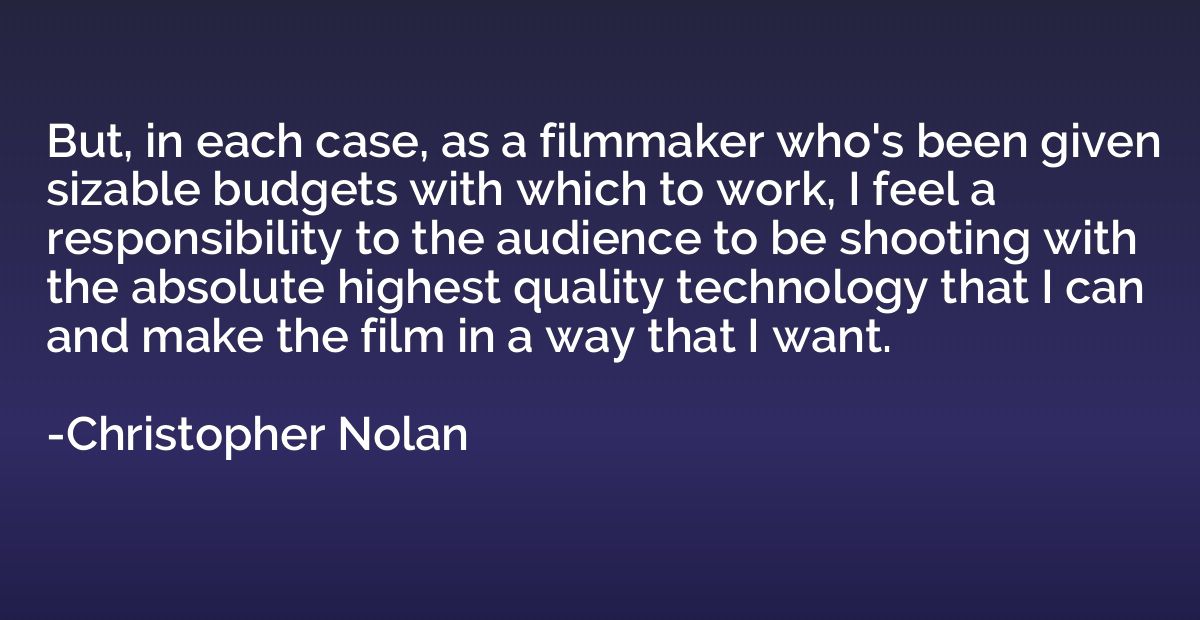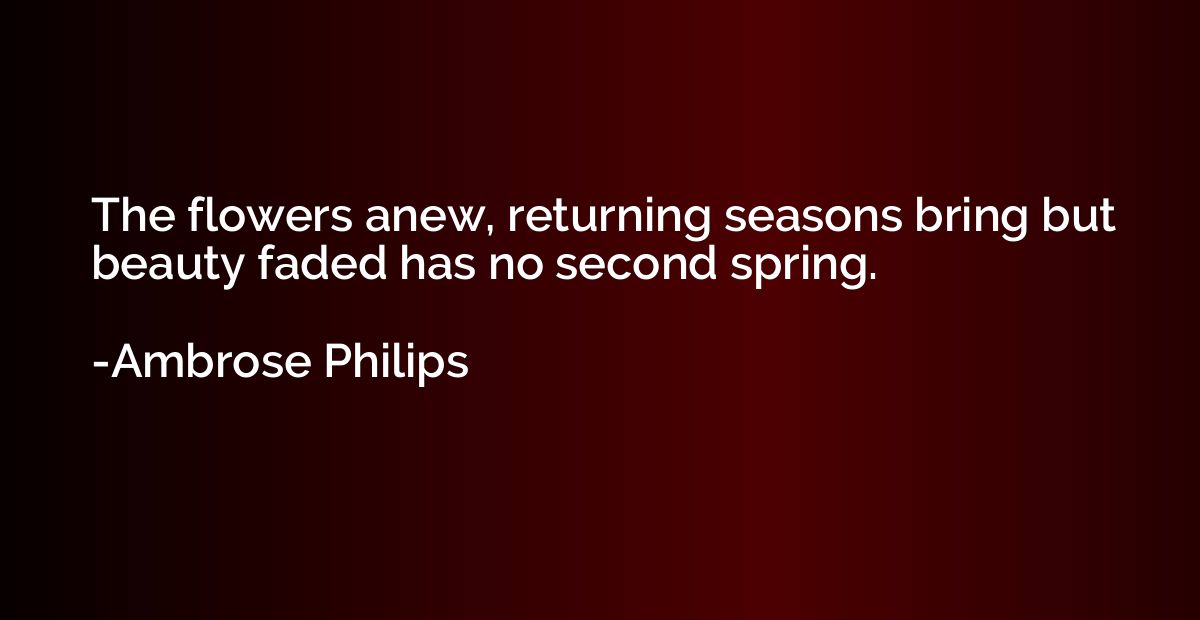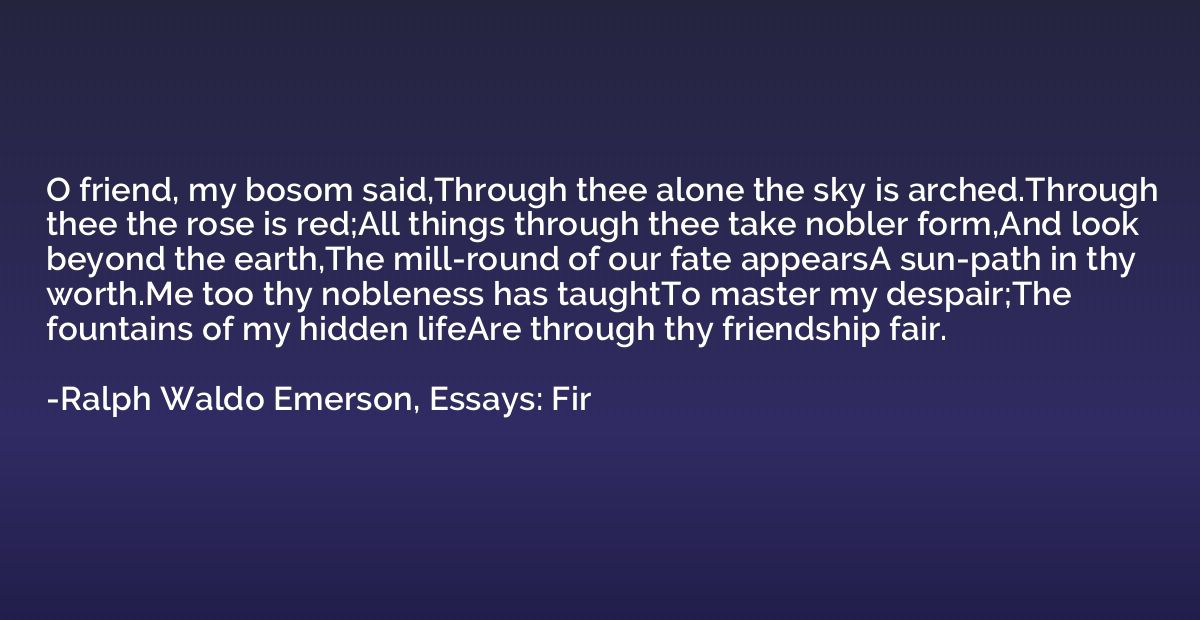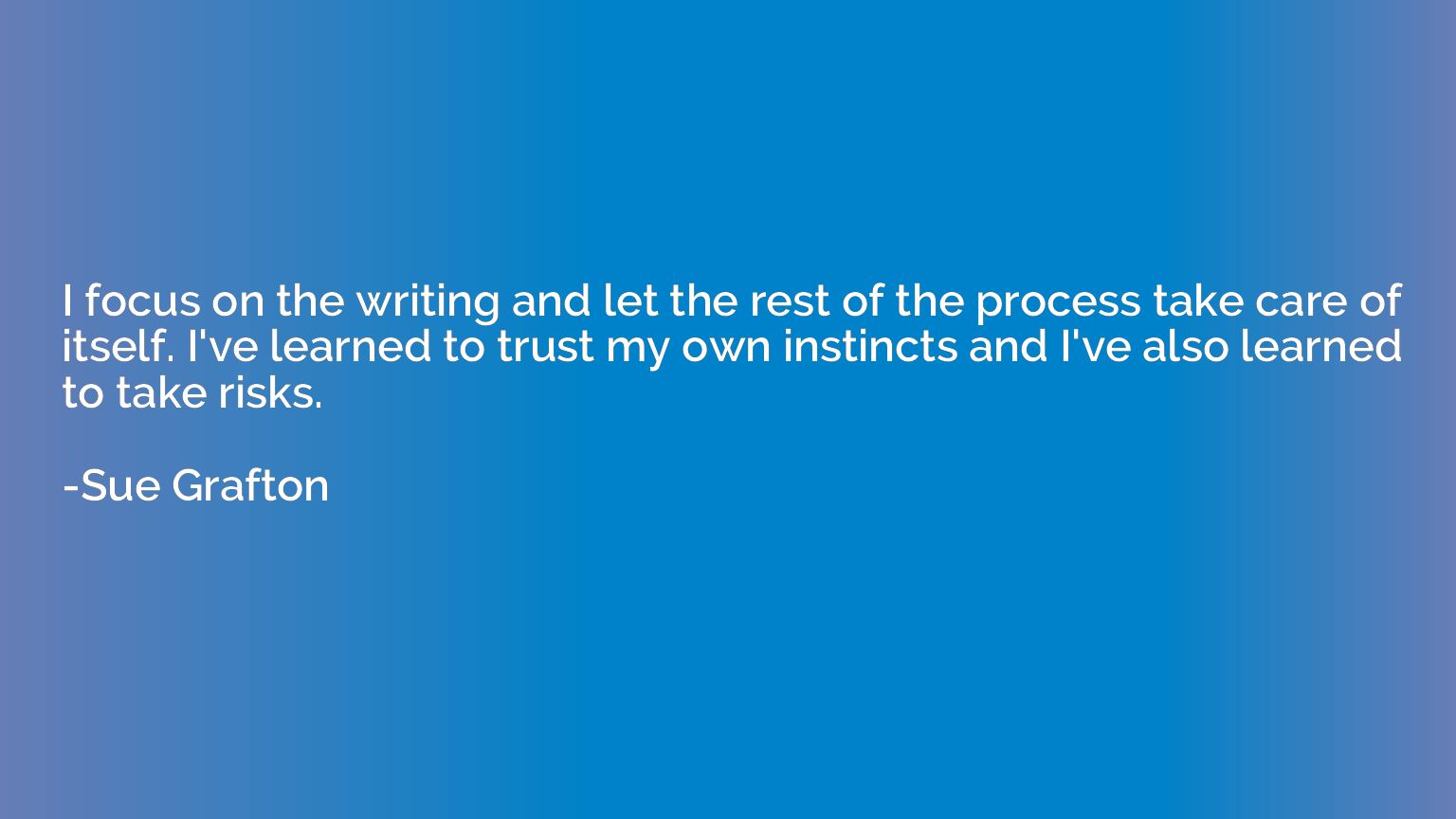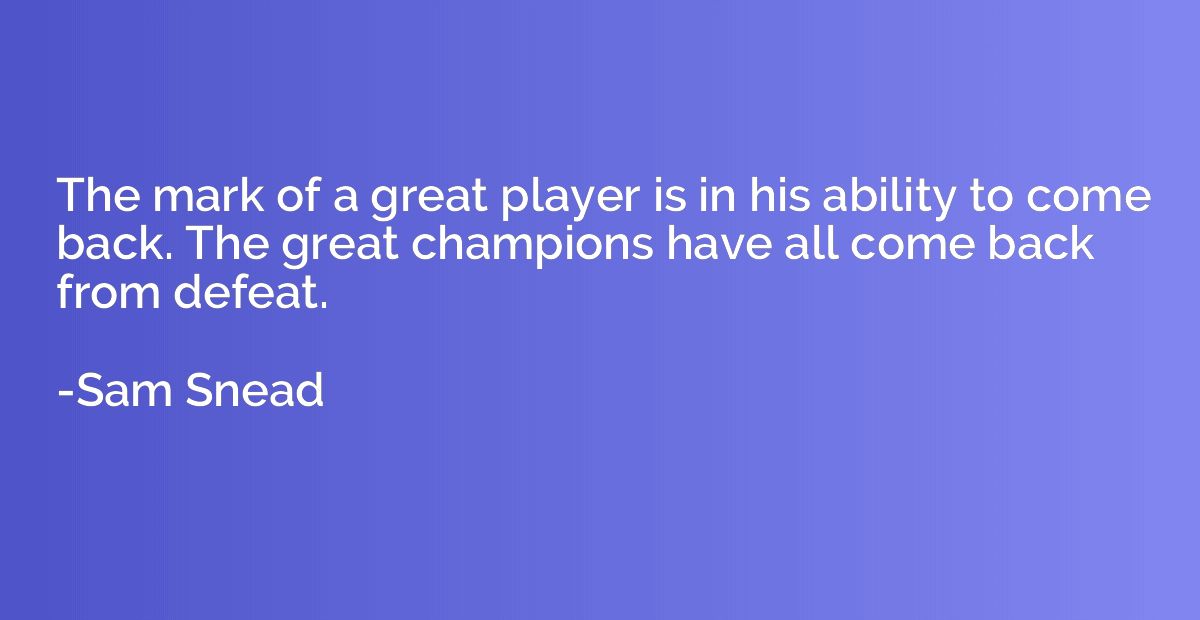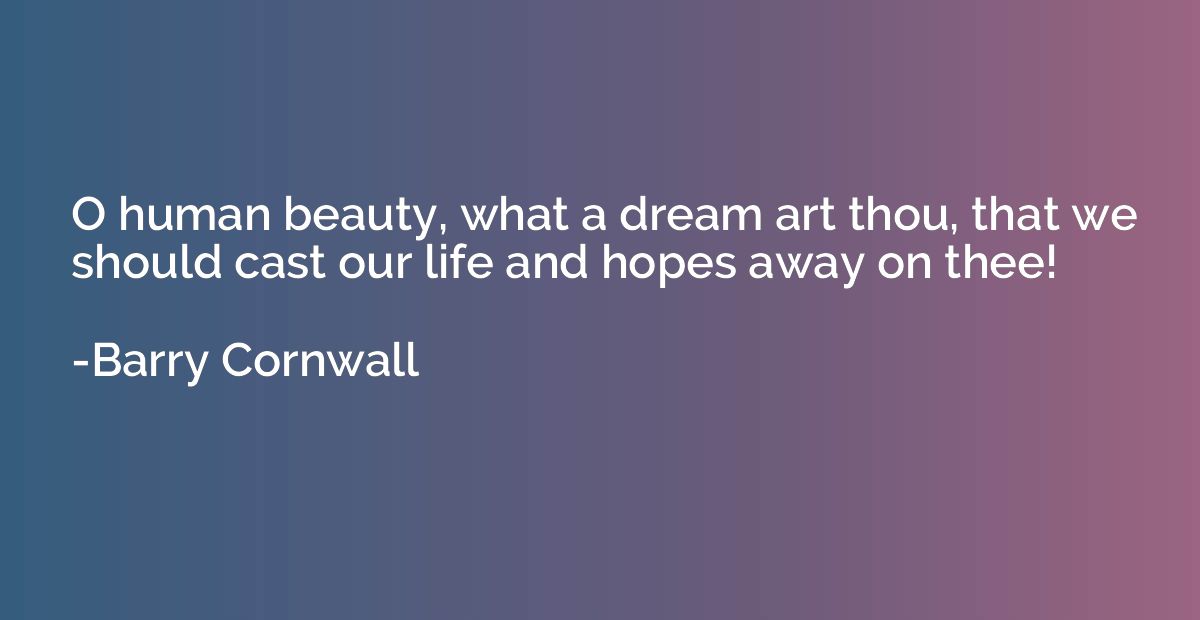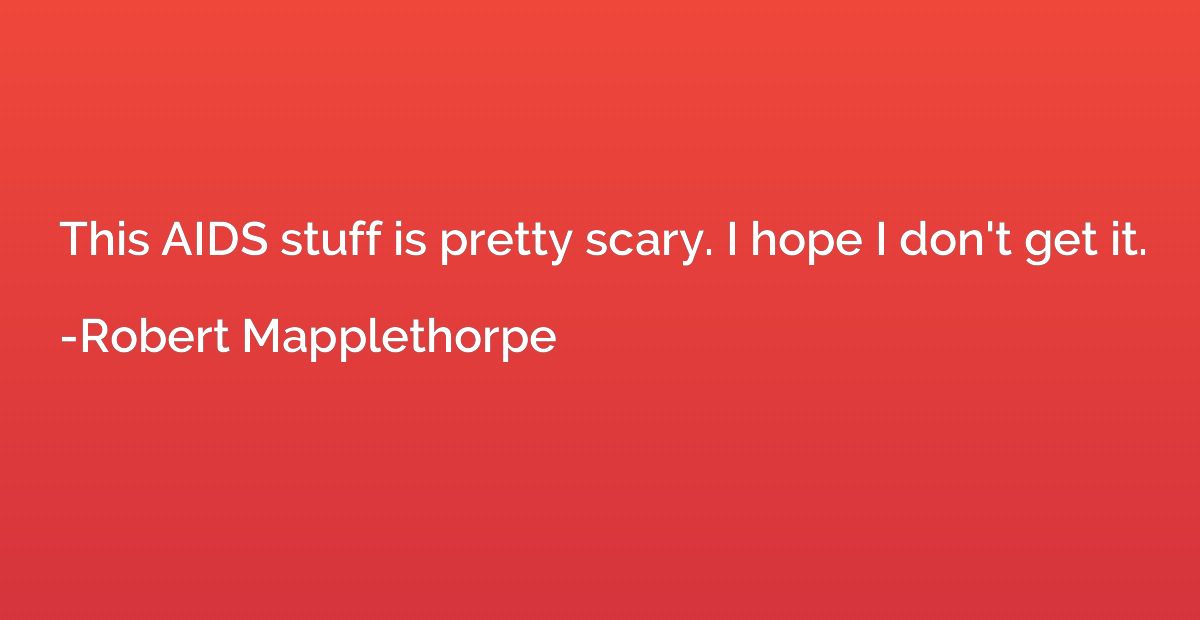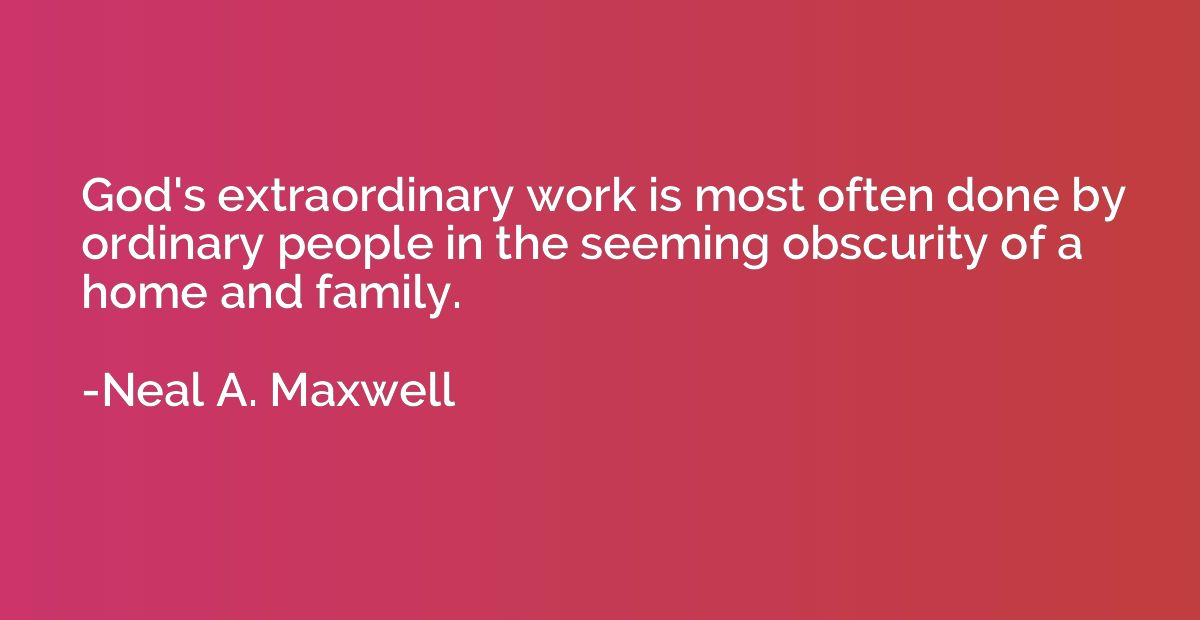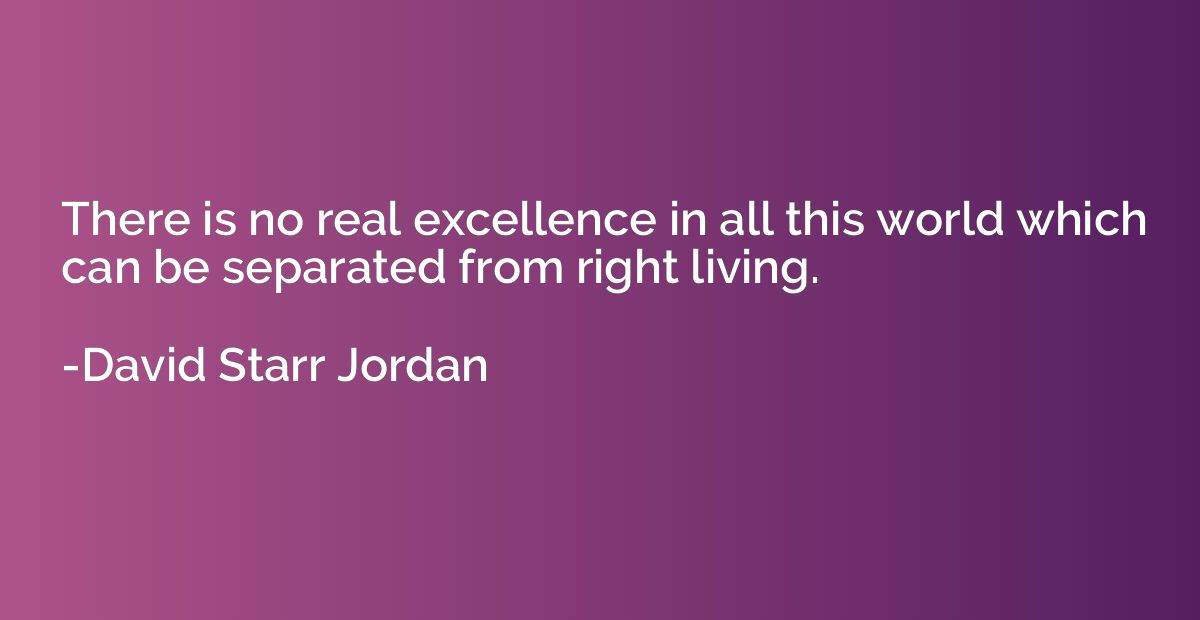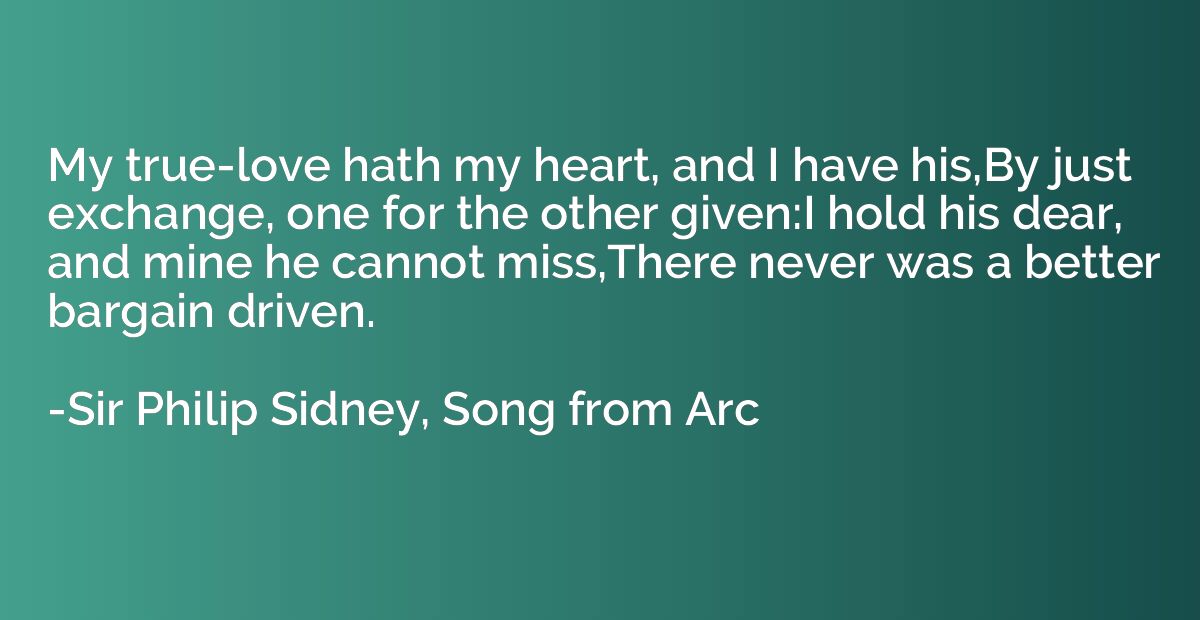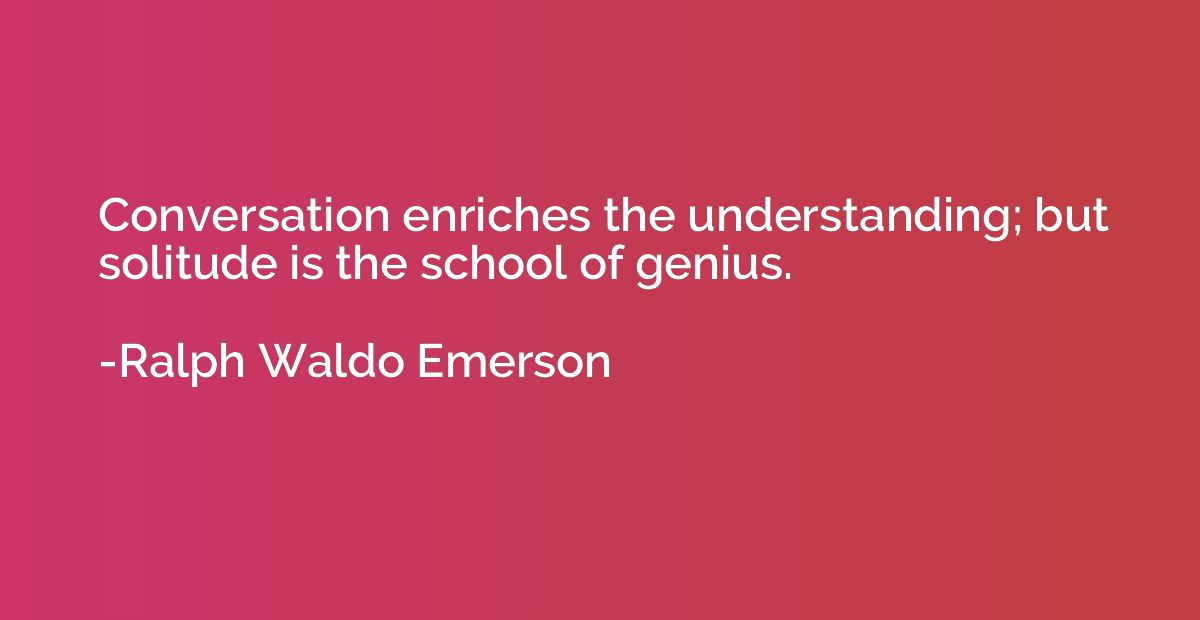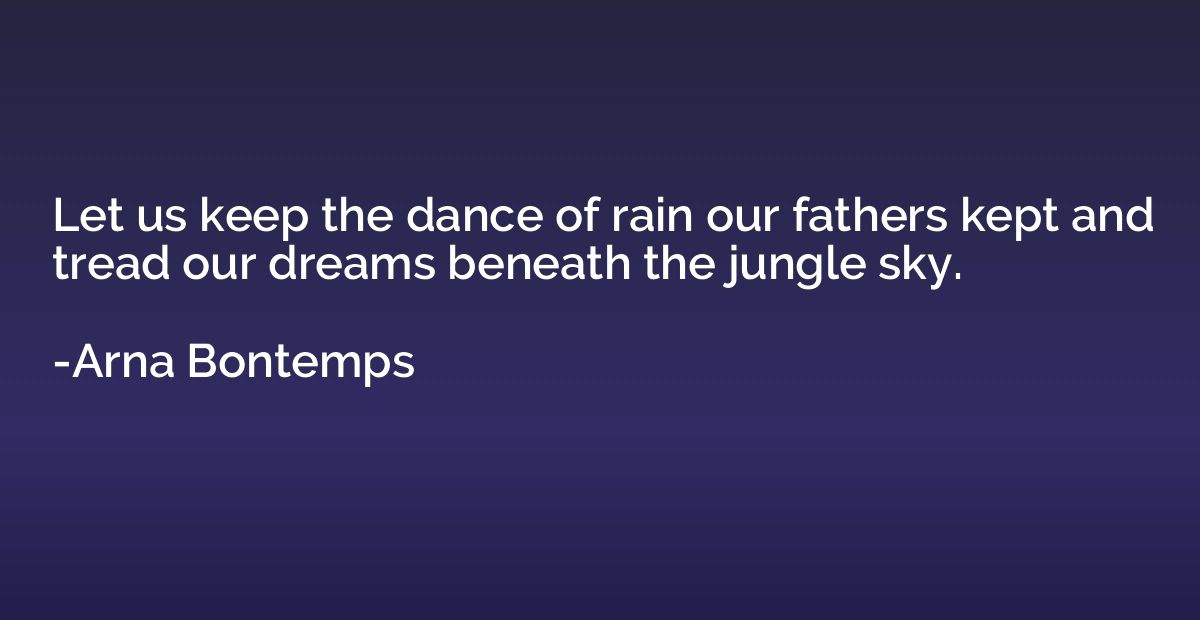Quote by Francois de La Rochefoucauld
In most of mankind gratitude is merely a secret hope for greater favours.
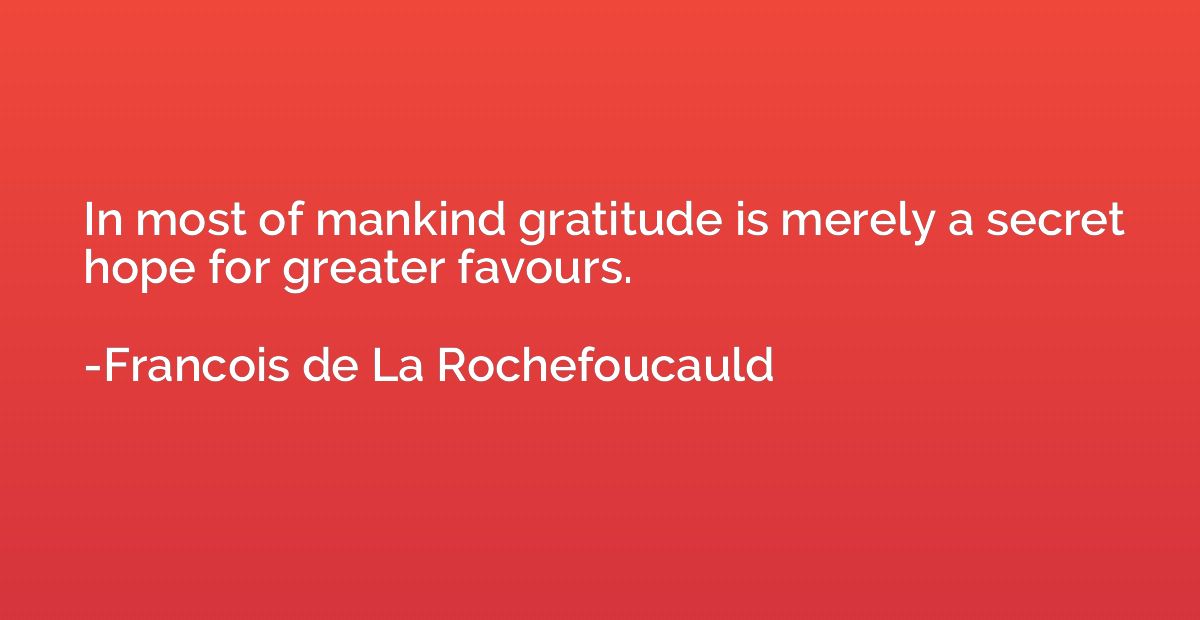
Summary
This quote suggests that in the majority of humanity, expressions of gratitude are not genuine acts of appreciation, but rather a subtle desire for future benefits or favors. It implies that people often use gratitude as a means of manipulation or expectation, rather than as a sincere acknowledgement of kindness received. According to the quote, the underlying motive behind gratitude becomes an anticipation for more advantageous outcomes rather than a truly heartfelt appreciation for what has already been done.



